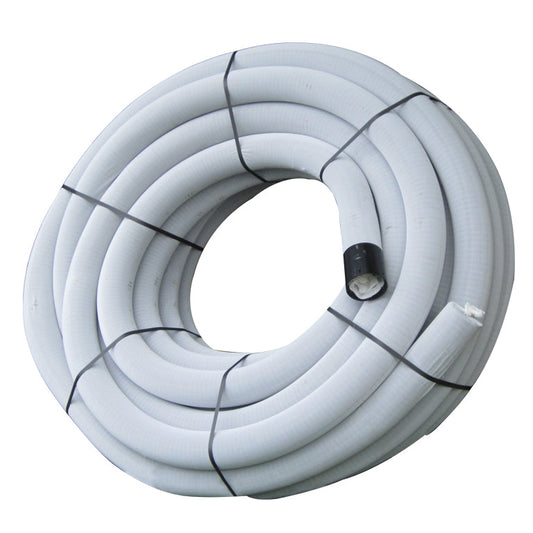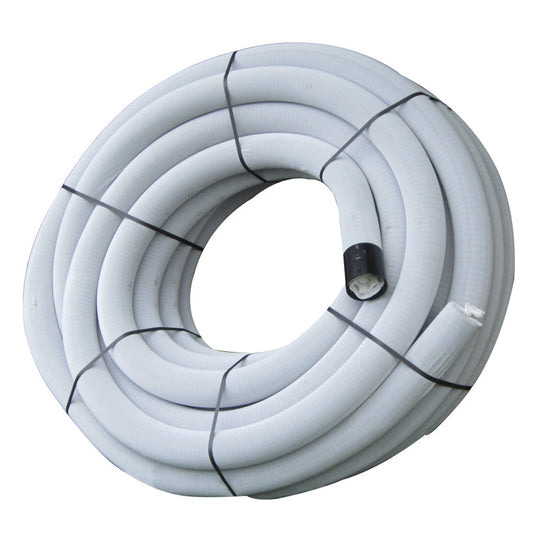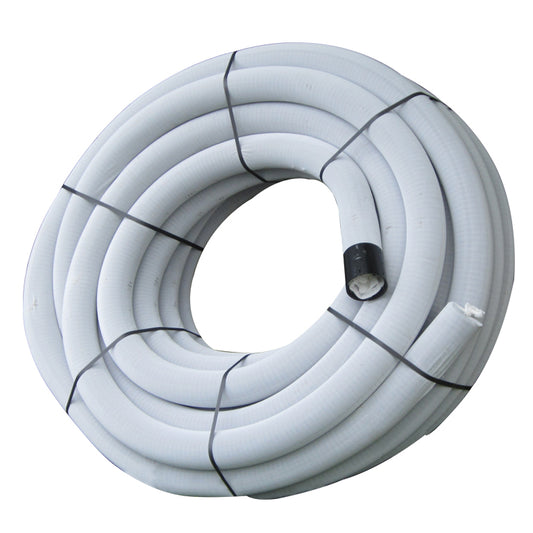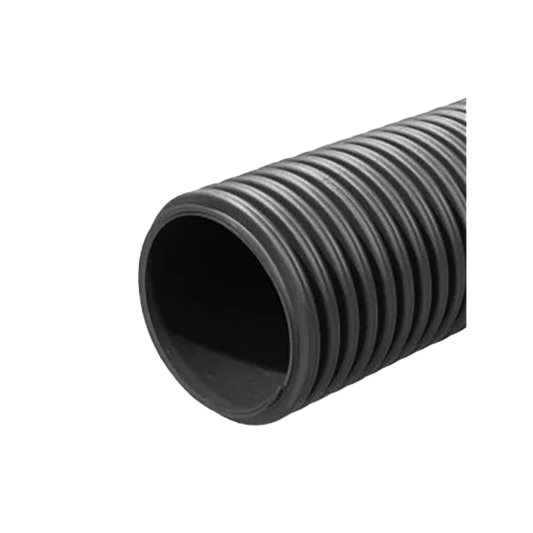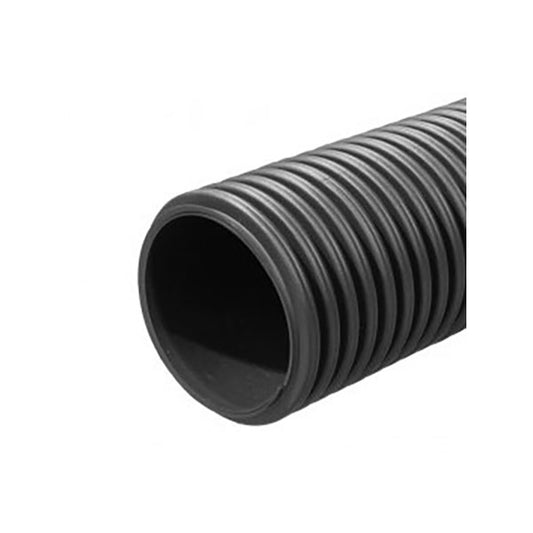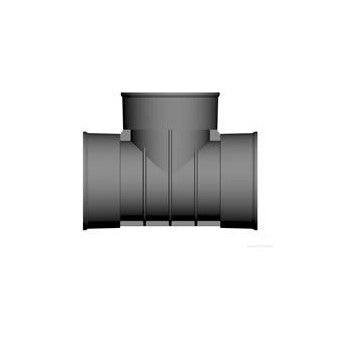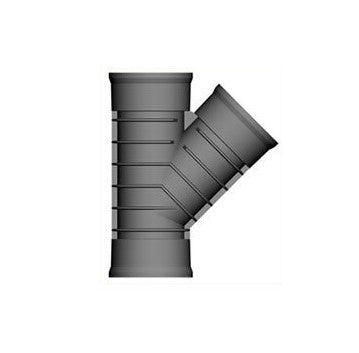Saturated soil is not only bad for the health of crops but it also makes the use of machinery more difficult, if not impossible. To combat this problem, farmers need to rely on drainage systems to ensure they optimise their yields but what are their options?
Natural drainage versus artificial drainage
Firstly, drainage can be either natural or artificial. In the case of natural drainage, excess water flows away from a field into nearby naturally made watercourses, such as ponds, swamps, lakes or rivers. Unfortunately, natural drainage is not always sufficient to prevent oversaturated fields, especially as extreme weather is becoming more commonplace. Farmers, therefore, need to install man-made drainage solutions to ensure they get the most from their land.
When it comes to artificial drainage there are two types to choose from – surface and subsurface drainage.
Surface drainage versus subsurface drainage
Surface drainage is used to remove excess water from the actual surface of the land. This is achieved through shallow ditches, also known as shallow open drains, and by creating an artificial gradient in the field to encourage the water’s flow.
In contrast, subsurface drainage goes much deeper and removes water from the root zone. It can be achieved through buried land drainage pipe or deep open drains.
-
Deep open drains
Designed to intercept and drain surface and subsurface water from farmland, these drains are deep excavated channels with sloping floors and sides. -
Land drainage pipes
Manufactured in clay, concrete or plastic, land drainage pipe is installed under the ground. With clay and concrete pipe, water normally enters the pipe through the joints. In contrast, plastic drainage coil is normally much longer and is designed to allow the water to enter the pipe through perforations across its entire length.
Which option is best – open drains or land drainage pipe?
Open drains
Pros:
- A potentially cheaper option
Cons:
- Uses land that could otherwise be used for crops
- Restricts the use of machinery and requires the use of bridges and culverts to create crossings
- Needs more frequent maintenance to ensure the drains don’t become blocked with debris, weeds are controlled and crossings are maintained
Land drainage coil
Pros:
- No loss of cultivable land
- Limited maintenance required
Cons:
- Installation costs much higher
How can we help?
Our background is in farming so we understand your needs – our MD’s family have been farming for generations. We are also specialists in land drainage and supply a wide range of products at cost-competitive prices, including land drainage coil, twinwall pipe and large diameter structured pipe.
Our team of specialists can provide you with expert advice. Call us today on 0121 351 3230.
Alternatively, fill out our enquiry form:






